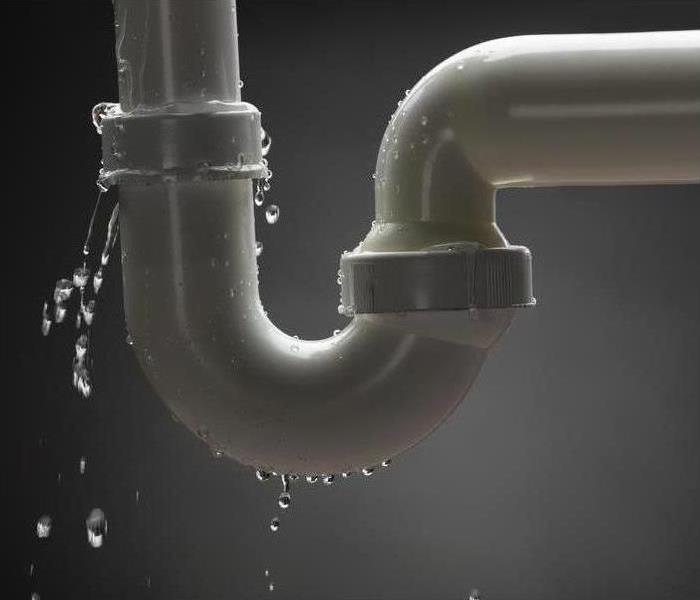4 Things Landlords Can Do To Reduce Plumbing Maintenance Costs
3/19/2022 (Permalink)
Landlords Can Do These Four Things To Cut Plumbing Maintenance Costs
Landlords are responsible for maintaining the plumbing in their rental units. Fortunately, they can do a few things to reduce the total cost they pay for maintenance and repairs.
1. Regular Maintenance
Landlords are required to provide a property that is livable throughout the entire stay of their tenants. One of the best ways to fulfill this responsibility and lower the chances you will have to pay for a water remediation company in Winchester, NV, is to perform regular maintenance. This means ensuring that even your oldest polybutylene pipes receive regular treatments. Additionally, it also means taking measures to prevent clogs and other plumbing issues.
2. Check Working Condition
One way to check the working condition of polybutylene pipes is to have an inspection conducted. Regularly doing this will alert you to any small clogs and weak spots in your pipes that need to be fixed before they worsen.
3. Check Tenant’s Behavior
Your polybutylene pipes require basic monthly maintenance and special treatment. Therefore, you want to make sure that your tenants don't put fats, grease, and other oily substances down the drain that can trap hair, soap scum, and food particles and cause plumbing issues. This includes not only sink and shower drains but the toilet and laundry pipes as well.
4. Transfer Risk to Another Party
Regular maintenance can reduce your chances of plumbing issues, but it cannot eliminate the threat. Earthquakes, tree roots, and misuse can still be sources of problems, so you should take measures to transfer the risk to other parties. This means getting a proper insurance policy for problems outside of your control and having a plumbing clause in your lease that requires your tenants to take responsibility for their actions.
As a landlord, you are responsible for the plumbing maintenance in your units. To lower these costs, you should take action to prevent excessive water damage and limit your liability.





 24/7 Emergency Service
24/7 Emergency Service
